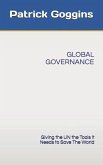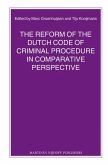Global Reformation to improve Food Safety Regulation, Waste Reduction and Nutrition One-third of food produced for human consumption is lost or wasted globally, which if mitigated could reduce the cost of food, poverty and improve global health. The global burden of non-communicable diseases (NCDs) accounts for 36 of the 57 million deaths globally (63%) causing cardiovascular diseases, cancers, chronic respiratory diseases and diabetes. NCDs however are largely preventable by altering dietary habits and lifestyle. Nearly 1 in 4 Americans are projected to die from cancer with 1 in 3 developing some form of cancer over their lifetime. The Center for Disease Control reports every year 48 million Americans, 1 in 6, are made sick by foodborne pathogens, 128,000 are hospitalized, and 3,000 die from foodborne diseases. A pathway for pathogens, foodborne illness can weaken immunity, cause mental disorders, organ failure (liver and kidneys), and cripple an economy. Two-thirds of adults living in the United States are overweight or obese and about a third of children and adolescents between the ages of 6 to 19 are overweight or obese. The U.S. food industry accounts for hundreds of billions of dollars in imports and exports. If the nations of the world do not establish their own food policies, systems and plans to pursue good health; their societies will be adversely impacted by global food entering their borders from America. Hazard identification, transparent and traceable labeling, and sustainable agricultural practices to protect the ecosystem and public health are needed. Consumer information, organization and citizen participation must be enhanced to improve civil society and food safety. The current food regulatory system in the U.S. is contributing to global uncertainty, food insecurity and poor health. Food insecurity is occurring on a global scale due to use of pesticides, herbicides, excitotoxins, food additives, preservatives, hormones, steroids, antibiotics, genetic manipulation, solvents, and chemicals in "food" processing. When food becomes adulterated, nations must respond quickly and be proactive to protect public health. By comparing the food regulatory systems of the world and examining different approaches to food safety to protect public health, insight can be gained to reform and improve food safety and protect public health. Paul F Davis is a Global Health Coach, Wellness Trainer, Disease Prevention Speaker and Food Consultant who has touched 76 Nations empowering people to naturally heal their bodies and achieve personal wellness body-mind-spirit. The author of several books Paul studied Global Affairs at NYU, Global Food Law at MSU and Nutrition for Disease Prevention with USF. Paul serves the food and tourism industries providing destination marketing, culinary creations and wellness seminars.
Hinweis: Dieser Artikel kann nur an eine deutsche Lieferadresse ausgeliefert werden.
Hinweis: Dieser Artikel kann nur an eine deutsche Lieferadresse ausgeliefert werden.

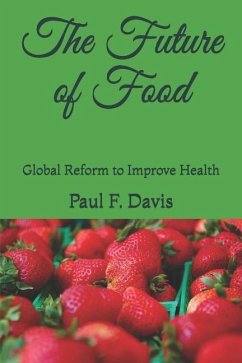
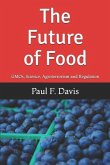
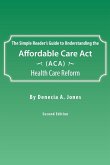
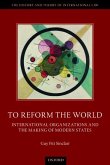
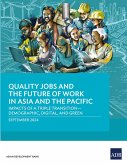
![How Best to Improve and Keep up the Seamen of the Country [microform] How Best to Improve and Keep up the Seamen of the Country [microform]](https://bilder.buecher.de/produkte/65/65632/65632544m.jpg)
